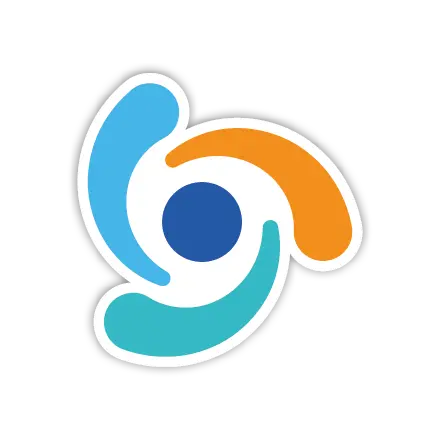Marianne Bourdon, a researcher in psycho-oncology, recently obtained a “protected medical time” to enable her to concentrate on her research within the SIRIC ILIAD. She explains to us her research theme and the work launched thanks to her protected time.
Protected medical time: A financial support scheme that allows a health professional to participate in research projects in parallel with their clinical activity.

Who are you and what are you studying within the SIRIC ILIAD?
I am Marianne Bourdon, a researcher in psycho-oncology in the Humanities and Social Sciences Department at the Institut de Cancérologie de l’Ouest and attached to the SPHERE laboratory (Inserm UMR 1246 Nantes & Tours) for about 7 years. I also participate in the ReWork-QoL programme of the SIRIC ILIAD, where my research in WP11 focuses on the quality of life of cancer patients, and on emotional skills* in cancerology.
*Emotional skills refer to identifying, understanding, expressing, regulating and using emotions on an intra- and interpersonal level according to Mikolajczak (2021) and Mikolajczak et al (2009).
Based on existing research in this area and my training in Behavioural, Cognitive and Emotional Therapy (TCCE), I have created a training course for health professionals at the ICO and I work with medical students at Nantes University. Learning to identify one’s own emotions can help to identify those of others. We can also be attentive to paralanguage*, to the distance of interaction etc. This training can also help clinicians and future clinicians to adapt their communication according to the emotional state of patients.
* Paralanguage refers to all natural means of communication that are not part of the linguistic system, but which can accompany and reinforce speech (facial expressions, gestures, etc.).
What is your background?
I didn’t study emotions straight away, it happened gradually, as my career progressed. I started with a thesis in social and clinical psychology, on spirituality as a coping strategy* for dealing with melanoma. It was during a first post-doctorate at the Catholic University of Leuven that I became interested in emotions and more specifically in awe, a pleasant ‘self-transcending’ emotion associated with well-being and spirituality. I have since continued to study emotions, trained in TCCE, and am trying to apply these experiences to my work in oncology.
* In psychology, a coping strategy is a strategy put in place by the individual to deal with stress.
What do you like about your work?
I like to make the link between theory and application, and working on emotions and emotional skills development fits in well. I also like the bridge to teaching, to training. It’s really this ‘triangle’ between teaching, research and care that I like. For example, I can gather information through research, the results of which will help me to create a training course and then the impact of this can be evaluated.
What do you do within SIRIC ILIAD thanks to this protected time?
“I use this time to supervise a doctoral student.”
Thanks to this protected time, 40% of my time is dedicated to SIRIC ILIAD. Part of this time is devoted to supervising a doctoral student, Marie Viseux. We exchange a lot, we co-author articles. For example, we are currently revising a research commentary on the interest of addressing emotional skills in training courses for managers accompanying the return to work after cancer. Managers are not necessarily prepared to support an employee in this situation. After several months of absence, the employee may be ambivalent, both happy to return to work and apprehensive about their abilities. We would like to move towards the creation of a training course that would help managers understand this emotional ambivalence and manage their own emotions if they felt they were in difficulty.
“To enhance our research by writing scientific articles”
This protected time is precious to me in order to enhance our research by writing scientific articles: research commentary, scoping reviews, qualitative studies, etc. In 2022, the objective is to work on post-traumatic development (PTD), which corresponds to the positive changes perceived following a traumatic event. For example, priorities change, relationships with others change. Together with Marie and other SIRIC ILIAD researchers, Bertrand Porro and Yves Roquelaure, we want to write a scientific article on PTD and the return to work.
“Updating my knowledge and training”
I also spend a lot of time reading and training, to update my knowledge and to deepen points of methodology for example. It reminded me of my post-doctoral experiences: I was able to take the time to go into a subject in depth. This ‘protected time’ is very important and I am happy to have been able to benefit from it thanks to the SIRIC. Research is a wonderful profession that allows us to learn constantly and that requires us to take time.

